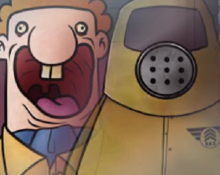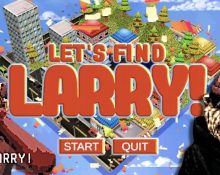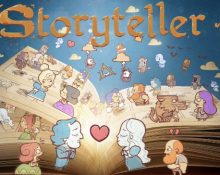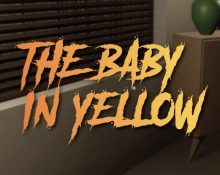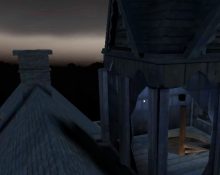That’s not my Neighbor Update
Advertisement
The latest update to That’s Not My Neighbor introduces a fresh layer of complexity and intrigue to the already captivating game. Players return to the familiar setting of a 1950s apartment complex, where the primary role of a doorman involves more than just greeting guests and managing entries. This update enhances the gameplay by incorporating new features that test the player’s ability to distinguish between real residents and their doppelganger counterparts, making the task more challenging and engaging.
Enhanced Gameplay Mechanics
With this update, players are now equipped with an expanded set of tools and resources to help identify the disguised threats among the apartment’s visitors. The introduction of new technology within the game, such as advanced biometric scanners and AI-assisted background checks, adds a modern twist to the vintage setting. These tools are not infallible, however, requiring players to use their judgment and observation skills in tandem with the technology to make the right call.
Deeper Character Development
Character backstories and interactions have been enriched, offering deeper insights into the lives of the apartment’s residents and the doppelgangers who seek to infiltrate their ranks. This narrative expansion not only enhances the game’s overall story but also provides players with more clues and red herrings, adding layers to the decision-making process. Understanding the residents’ personal stories becomes key to spotting inconsistencies in the doppelgangers’ disguises.
New Features and Challenges
- Advanced Verification Tools: Incorporates new gameplay mechanics such as biometric scanners and AI background checks.
- Expanded Storyline: Delivers a richer narrative experience with deeper character backstories.
- Increased Difficulty Levels: Offers settings that challenge both new and returning players.
- Adaptive Doppelgangers: Introduces smarter doppelgangers that learn from your tactics.
As players navigate through the game, they will encounter smarter doppelgangers, capable of adapting to the player’s strategies. This dynamic challenge ensures that no two playthroughs are the same, compelling players to constantly refine their approach. The update not only revitalizes the gameplay experience for returning fans but also makes That’s Not My Neighbor more accessible to newcomers, providing a balanced challenge that scales with the player’s skill level. This blend of old and new elements reaffirms the game’s standing as a unique and thrilling experience, bridging the gap between strategy, observation, and storytelling.













